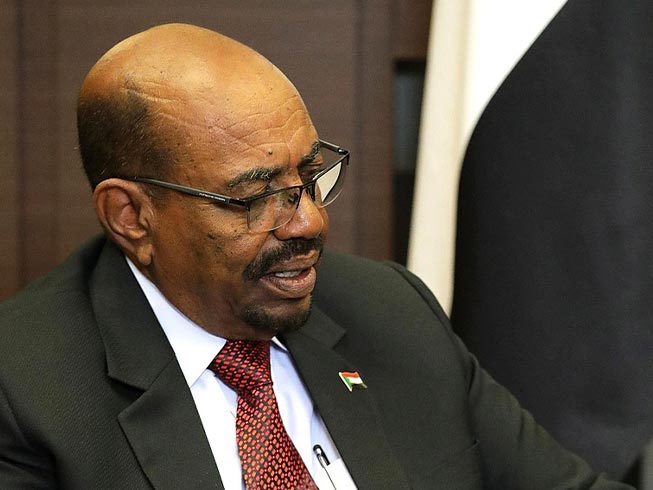The barbarous rule of dictator Omar al-Bashir might be over, but whether Sudan will continue to be run by Islamist extremists hangs in the balance.
Al-Bashir had ruled Sudan with an iron fist since 1989 until he was ousted by the military and arrested on 11 April after months of civilian protests.
The al-Bashir government had apparently tried to eradicate Christians from Sudan. It deported Christians to South Sudan, closed their schools, demolished churches, and also forced them to live as despised second-class citizens under Islamic sharia law.

A military council took over after al-Bashir was dethroned, but protesters, as of 3 May, were still staging a sit-in outside the military headquarters in Khartoum and demanding power be handed over to civilians.
But Islamist regime insiders who were close to al-Bashir remain in the shadows, and, unfortunately for the nation’s Christian minority of about 3%, they are determined to maintain their grip on power, according to a Barnabas contact in Sudan.
These Islamist insiders make up what is being described in media reports as a “deep state” of shadowy authority figures that retain power and influence.
Military control may allow this “deep state” to eventually seize power in a counter-coup as Islamist influence is strong in the upper echelons of the armed forces, said our contact.
With political parties having been weakened by decades of authoritarian rule, it will be difficult for independent individuals or groups with experience and strength to deal with these dangers, the contact added.
Some regional powers appear to be trusting in Ali Osman Mohammed Taha, a former vice-president of Sudan when al-Bashir was in power. Taha seems to have his eyes on ruling Sudan, which could be a recipe for continued disaster, suggested our contact.
The time may be ripe for Western democracies to help Sudan through diplomacy and also funding, but will these powers grasp this historic opportunity to do so? That remains to be seen.
From Barnabas Fund Contacts

